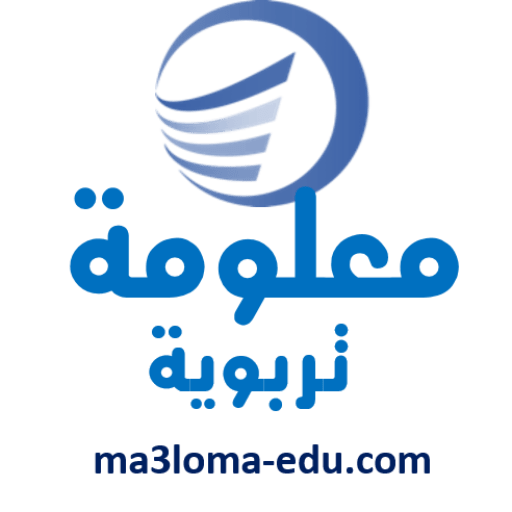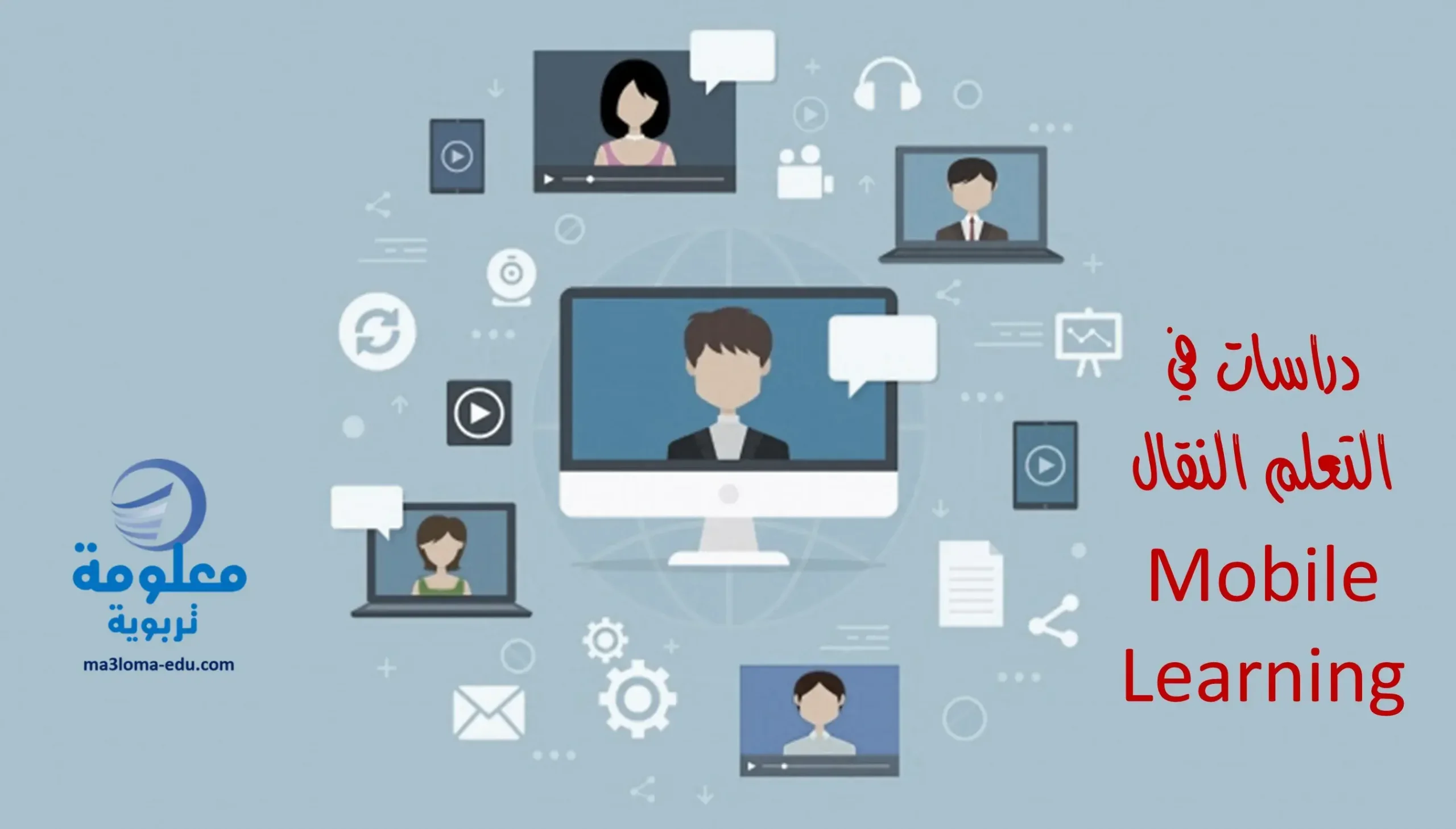نظرا لأهمية التعلم النقال Mobile Learning وتطبيقاته في العملية التعليمية بشكل عام، ونظرا لاتساع المجالات والبحوث فيه، فنعرض في المقال التالي لبعض الدراسات الأجنبية الحديثة التي تناولت التعلم النقال وتطبيقاته على النحو التالي.
دراسة (Drolia, M., Papadakis, S., Sifaki, E., & Kalogiannakis, M. 2022) [1]
The proliferation of mobile devices in everyday life since the end of the 20th century has led to mobile applications for educational purposes and the creation of the research field of mobile learning. Despite the extended research interest on the effectiveness of this field, there is limited research on mobile learning for various social groups, such as refugees, students with learning difficulties and disabilities. Due to the unprecedented number (over one hundred million) of refugees during the second decade of the 21st century worldwide, many NGOs (Non-Governmental Organizations) and UN (United Nations) initiatives have proposed leveraging mobile learning for refugee educational needs. This research article focuses on mobile learning for refugee education. Namely, the present systematic literature review results from 2015 to 2020 will give a concrete picture of the recently existing mobile learning apps for refugees and their characteristics. According to the research findings, 15 characteristics were collected out of 14 applications. According to prior literature, areas of agreement or discrepancies in the field were found. Two new -to previous literature- characteristics were revealed: interwoven psychological and educational features and refugees’ cultural features in the apps. The summarization and categorization of the app’s characteristics aim to contribute to mobile learning research and impact game developers, educators, and be discussed in the last sections. View Full-Text GOs according to refugee needs. The limitations of this study and issues for further exploration will also
دراسة (Churiyah, M., Sholikhan, S., & Filianti, F. (2022)) [2]
Mobile learning enables organizations to meet the educational demands of digital native learners in the digital era. Education at the vocational high school level also makes use of it, as this level of education has unique characteristics in terms of the type of learning that occurs, notably the emphasis of practice-based learning. There has not been a study on the usage of mobile learning at the vocational high school level that has used the bibliometric method to provide a baseline for future research. The objective of this paper is to conduct a thorough bibliometric analysis of the literature on mobile learning in vocational high schools. Articles were obtained from the Scopus database, as many as 121 articles were studied in this study, out of 132 articles discovered between 2015 – 2020. After managing the database, the researcher used VOSviewer software to classify and visualize co-authorship, co-accuracy, and citation. Overall, the information presented in this review can be used as a starting point for future research on the topic of m – learning in educational process of vocational high school.
دراسة (Almaiah, M. A., Hajjej, F., Shishakly, R., Lutfi, A., Amin, A., & Awad, A. B. (2022)) [3]
Despite numerous studies offering some evidence about the significance of quality measurements in enhancing the success of m-learning applications, there are still limited studies about the role of quality measurements in promoting the usability of mobile learning systems. Therefore, our study explores the role of quality measurements in promoting the usability of m-learning systems during COVID-19. The results revealed that the service quality, information quality and system quality are the most important factors affecting mobile learning usability among learners during COVID-19. Moreover, these findings are valuable for classifying the significance of these quality elements, which provide guidance on assigning quality aspects to improve this mobile learning usage during COVID-19 in higher education institutions. View Full-Text
المراجع
- ↑ Drolia, M., Papadakis, S., Sifaki, E., & Kalogiannakis, M. (2022). Mobile learning applications for refugees: a systematic literature review. Education Sciences, 12(2), 96.
- ↑ Churiyah, M., Sholikhan, S., & Filianti, F. (2022). Mobile learning uses in vocational high school: A bibliometric analysis. World Journal on Educational Technology: Current Issues, 14(2), 484-497.
- ↑ Almaiah, M. A., Hajjej, F., Shishakly, R., Lutfi, A., Amin, A., & Awad, A. B. (2022). The Role of Quality Measurements in Enhancing the Usability of Mobile Learning Applications during COVID-19. Electronics, 11(13), 1951.




